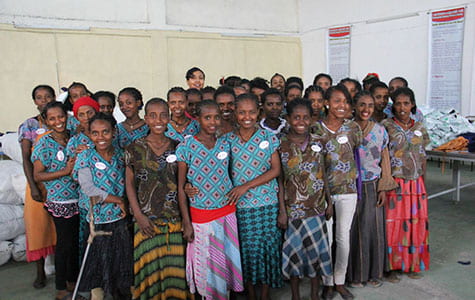Written by Jelena Debelnogich, undergraduate student, Kent State University and participant in the Institute for Public Health Summer Research Program
The Institute for Public Health invited Dr. L. Lewis Wall to speak about global health. Dr. Wall is the Selina Okin Kim Conner Professor in Arts and Sciences for Medical Anthropology and Professor in Sociocultural Anthropology and Obstetrics and Gynecology. During his presentation, Dr. Wall stated that his schooling at Kansas University and Oxford University shaped his education, but his extensive travels to Africa gave him the inspiration to pursue medicine globally. Dr. Wall’s primary research is centered on culture and biology, and more specifically women’s reproductive health.
Dr. Wall’s time in Africa was intriguing, he mentioned, because he completely immersed himself in various societies and culture. There, he became more knowledgeable about women’s health and developed an interest in advocating for their health. Based on his work in Ethiopia, he collaborated with Freweini Mebrahtu, founder of Mariam Seba Sanitary Pad Factory and colleagues at Mekelle University to develop a partnership, and Dignity Period was born, which has produced positive results in the region. This type of intervention is crucial in public health because if it is culturally acceptable, it is more likely to generate results, he said. The project womenhas been progressively changing views on women’s health and recognizing the importance of these issues in general, not just, as they relate to women.

Dr. Wall finished his presentation by introducing an idea – Anthropology of Compassion. Having been trained to be a Certified Compassion Cultivation Teacher through a program at Stanford University, Dr. Wall is developing a course at WASHU on “The Anthropology of Compassion. He hopes to create an interdisciplinary program where students can explore our humanity in a broad scheme.
His overall message to everyone in the audience was that global health requires perseverance and his life story clearly exemplifies this concept.